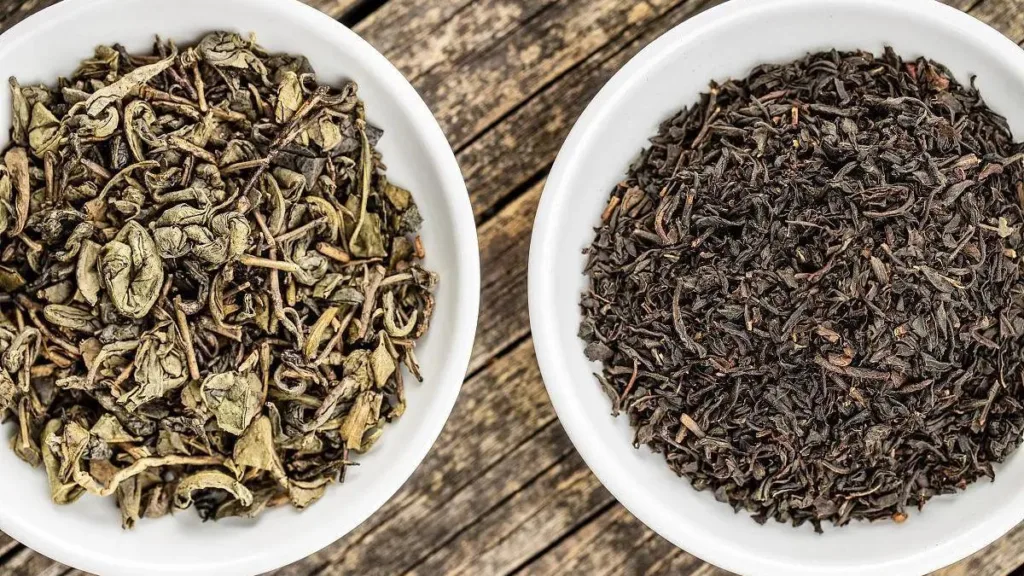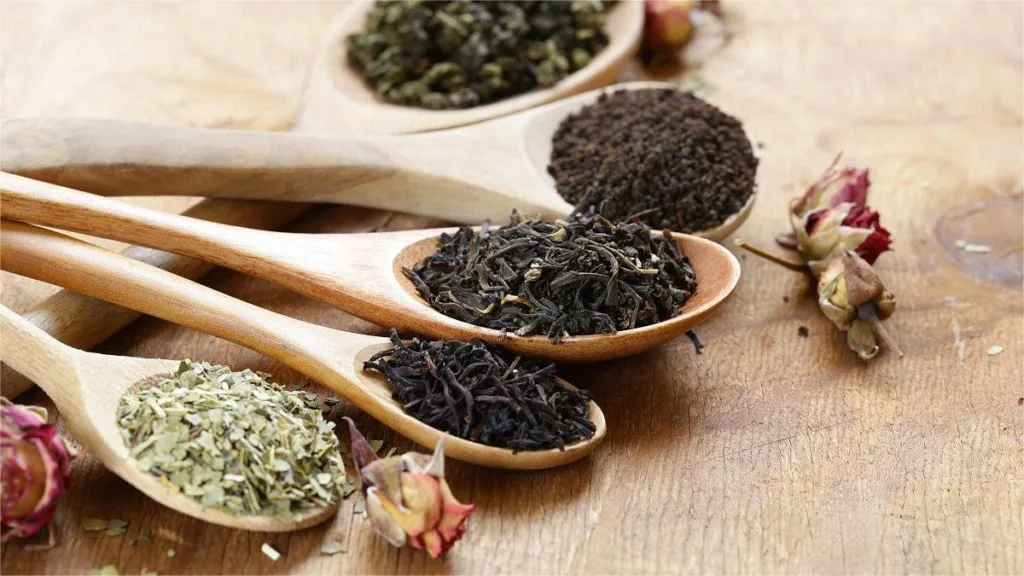Chinese tea, renowned for its rich history and diverse varieties, has been a staple in Chinese culture for centuries. While moderate tea consumption is generally considered beneficial, there has been speculation about its potential impact on kidney health, particularly when consumed in large quantities or in concentrated forms. In this discussion, we will explore the relationship between Chinese tea and kidney health, considering factors such as caffeine and oxalic acid content.
Normal Tea Consumption and Kidney Health:
Ordinary tea consumption, when done in moderation and in accordance with recommended guidelines, is not known to harm the kidneys. In fact, it is often associated with antioxidant properties and the prevention of cardiovascular diseases. When tea is consumed in appropriate amounts, the kidneys are not adversely affected, and instead, potential health benefits may arise.
Effects of Concentrated Tea on Kidneys:
However, concerns arise when individuals consume concentrated or excessively strong tea. This is because tea leaves contain significant amounts of caffeine and oxalic acid. Regular and excessive consumption of concentrated tea may contribute to the formation of oxalate kidney stones, adversely affecting kidney function. The presence of caffeine in tea can lead to increased secretion in renal tubules, potentially causing direct harm to the kidneys over prolonged periods.
Caffeine and Kidney Function:
Caffeine, present in varying amounts in tea, is known to stimulate the central nervous system and increase urine production. While moderate caffeine intake is generally considered safe for most individuals, excessive consumption can lead to increased stress on the kidneys. Prolonged exposure to high levels of caffeine, as seen in those who regularly consume strong tea, may contribute to renal tubular damage and compromise overall kidney function.
Guidelines for Healthy Tea Consumption:
To maintain kidney health while enjoying Chinese tea, it is advisable to adhere to certain guidelines. First and foremost, moderation is key. Monitoring the quantity of tea leaves used and avoiding excessively strong brews can help mitigate potential negative effects on the kidneys. Additionally, it is recommended to avoid consuming tea before bedtime to prevent disruptions to sleep patterns. Stale or overnight tea should also be avoided, as it may harbor compounds that could be less favorable to kidney health.



